-
 New productBicycle spoke DT Swiss Champion
New productBicycle spoke DT Swiss Champion- €0.05
-
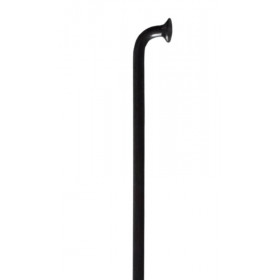 New productBike spoke Mach 1
New productBike spoke Mach 1- €0.50
-
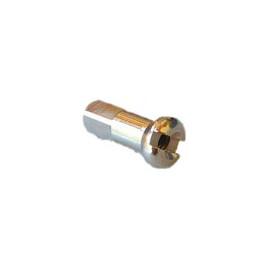 New productSpoke nut DT Swiss Champion nickeled brass 2 x 12 mm
New productSpoke nut DT Swiss Champion nickeled brass 2 x 12 mm- €0.19
-
 New productSpoke ACI steel
New productSpoke ACI steel- €0.05
-
 New productStanless steel spoke SAPIM
New productStanless steel spoke SAPIM- €0.08
-
 New productBicycle wheel spoke
New productBicycle wheel spoke- €0.05
-
 New productBike wheel lock washer
New productBike wheel lock washer- €1.19
-
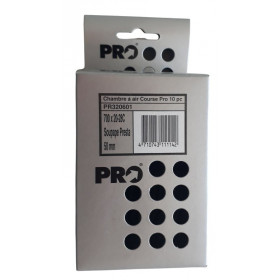 New product -40%Air tube 700 x 20 to 28C presta
New product -40%Air tube 700 x 20 to 28C presta- €2.99
- €4.99
-
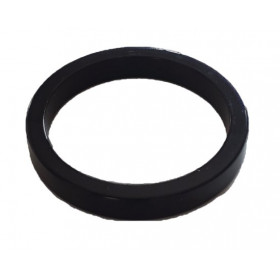 New productHeadset spacer aluminium 1"1/8
New productHeadset spacer aluminium 1"1/8- €2.49
-
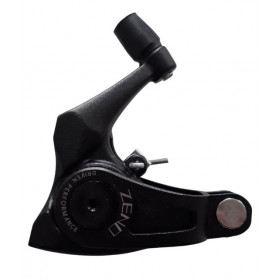 New productMechanical disc brake Zeno
New productMechanical disc brake Zeno- €19.99
-
 New product20 inches air tube
New product20 inches air tube- €3.99
-
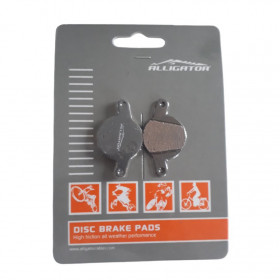 New productMagura Louise / Clara brake pads
New productMagura Louise / Clara brake pads- €9.90
-
 New productFixed gear lockring
New productFixed gear lockring- €5.99
-
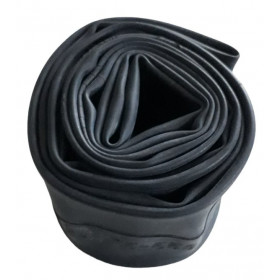 New product -50%MTB inner tube 26 Schrader schwalbe
New product -50%MTB inner tube 26 Schrader schwalbe- €2.00
- €3.99
-
 New productSingle speed sprocket 3 studs Sturmey Archey
New productSingle speed sprocket 3 studs Sturmey Archey- €4.99
-
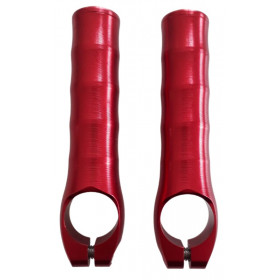 New product -60%Bar ends aluminium
New product -60%Bar ends aluminium- €12.00
- €29.99
-
 New productInner tube 27.5 inches Continental Conti tube
New productInner tube 27.5 inches Continental Conti tube- €3.40
-
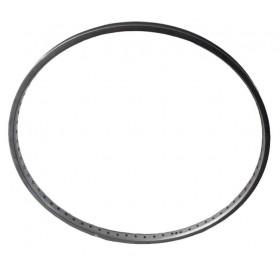 New product650 rim for tire 48 or 72 holes
New product650 rim for tire 48 or 72 holes- €14.99
-
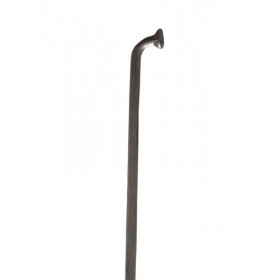 New productBicycle spoke DT Swiss Champion stanless steel 266 mm 1.8 mm
New productBicycle spoke DT Swiss Champion stanless steel 266 mm 1.8 mm- €0.05
-
 New productBrake pivot
New productBrake pivot- €2.99
-
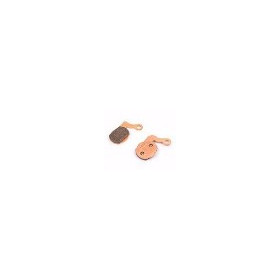 New productBrake pads Magura Marta
New productBrake pads Magura Marta- €14.90
-
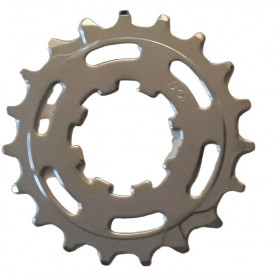 New product -65%Sprocket Miche compatible with Campagnolo 9s 10s
New product -65%Sprocket Miche compatible with Campagnolo 9s 10s- €2.45
- €6.99
-
 New product UsedShimano Ultegra chainring
New product UsedShimano Ultegra chainring- €83.99
-
 New product24 inch inner tube Michelin E4
New product24 inch inner tube Michelin E4- €3.49
-
 New productMechanical disc brake pads for Zeno
New productMechanical disc brake pads for Zeno- €4.99
-
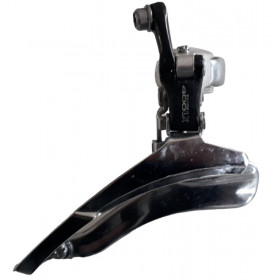 New productShimano exage 400lx front derailleur FD M400
New productShimano exage 400lx front derailleur FD M400- €8.99
-
 New product -25%Bike aheadset cap
New product -25%Bike aheadset cap- €2.99
- €3.99
-
 New product -55%Fizik saddle insert
New product -55%Fizik saddle insert- €4.50
- €9.99
-
 New product UsedChainring Specialites TA Zephyr 110 mm
New product UsedChainring Specialites TA Zephyr 110 mm- €34.99
-
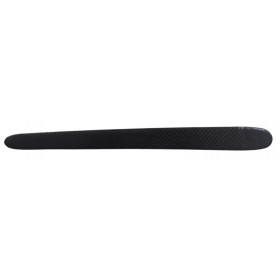 New productFrame protection carbon
New productFrame protection carbon- €1.55
-
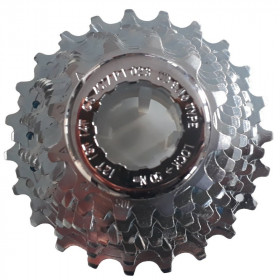 New product -36%Campagnolo Veloce cassette 10 speed
New product -36%Campagnolo Veloce cassette 10 speed- €36.47
- €56.99
-
 New productBicycle sprocket 18 teeth 3 pins
New productBicycle sprocket 18 teeth 3 pins- €4.99
-
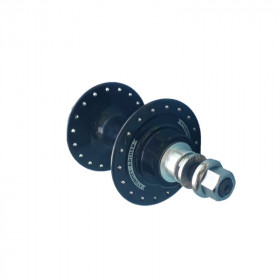 New productHub Sturmey Archer
New productHub Sturmey Archer- €29.99
-
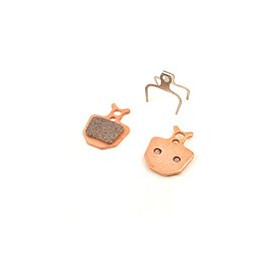 New productPlaquettes de frein Brake Authority Formula Oro
New productPlaquettes de frein Brake Authority Formula Oro- €11.90
-
 New productRock Shox sticker
New productRock Shox sticker- €0.99
-
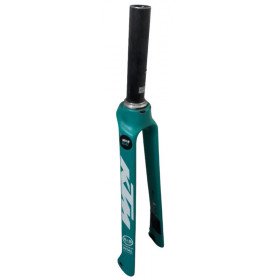 New product UsedKTM F11 carbon fork disc
New product UsedKTM F11 carbon fork disc- €79.99
-
 New product -55%Handlebar tape Deda Nastro
New product -55%Handlebar tape Deda Nastro- €6.75
- €14.99
-
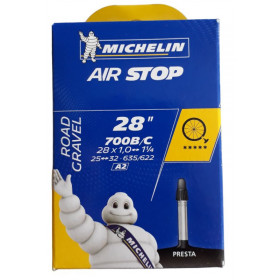 New product -55%Air tube Michelin A2 700 25-32 b c presta
New product -55%Air tube Michelin A2 700 25-32 b c presta- €3.60
- €8.00
-
 New productLook Keo cleats for automatic pedals
New productLook Keo cleats for automatic pedals- €10.90
-
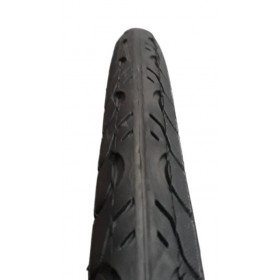 New productKenda Kwest tire 700 x 35
New productKenda Kwest tire 700 x 35- €10.99
-
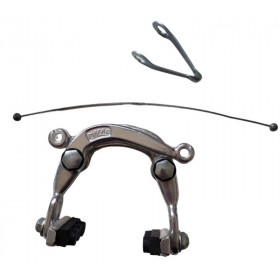 New productMafac Racer S central pull brake
New productMafac Racer S central pull brake- €12.99
-
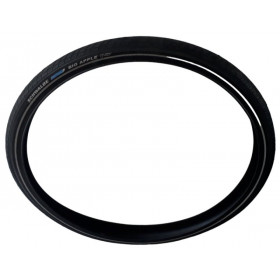 New productSchwalbe Big Apple tire 28 x 2.00
New productSchwalbe Big Apple tire 28 x 2.00- €14.99
-
 New product -45%Gravel inner tube Michelin Airstop A3 700 B C 28 inches schrader
New product -45%Gravel inner tube Michelin Airstop A3 700 B C 28 inches schrader- €3.69
- €6.70
-
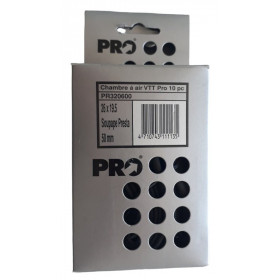 New product -40%Air tube 26 inches presta
New product -40%Air tube 26 inches presta- €2.99
- €4.99
-
 New productSpoke for old bike 3 mm
New productSpoke for old bike 3 mm- €0.99
-
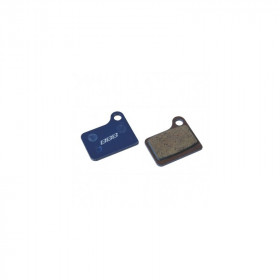 New productShimano Deore BR-M555 resin brake pads
New productShimano Deore BR-M555 resin brake pads- €5.99
-
 New productBicycle wheel nut Sturmey Archer Duomatic
New productBicycle wheel nut Sturmey Archer Duomatic- €1.19
-
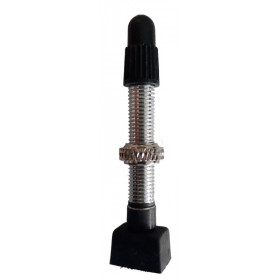 New productTubeless presta valve
New productTubeless presta valve- €3.99
-
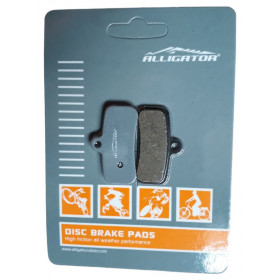 New productShimano Saint 4 plungers brake pads Alligator
New productShimano Saint 4 plungers brake pads Alligator- €9.99
-
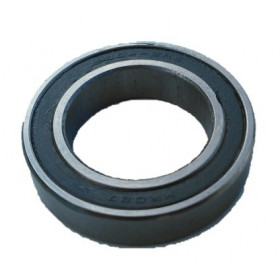 New productBearing for bottom bracket FSA Gamma drive
New productBearing for bottom bracket FSA Gamma drive- €6.50
-
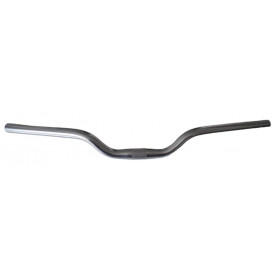 New productRaised right handlebar
New productRaised right handlebar- €8.99
-
 New product1 inch headset spacer carbon
New product1 inch headset spacer carbon- €2.99
-
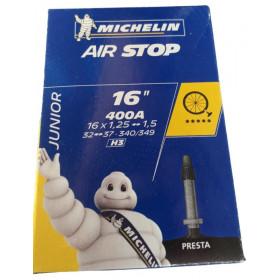 New productAir tube Michelin H3 400A 1.3 to 1.5 presta
New productAir tube Michelin H3 400A 1.3 to 1.5 presta- €2.80
-
 New productM7 adjustment screw for brake lever
New productM7 adjustment screw for brake lever- €1.49
-
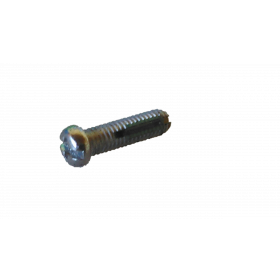 New productScrew diameter 2.8 mm length 10 mm
New productScrew diameter 2.8 mm length 10 mm- €0.70
-
 New productInner tube 12.5 inches 1/2x1.25 à 1.75
New productInner tube 12.5 inches 1/2x1.25 à 1.75- €3.29
-
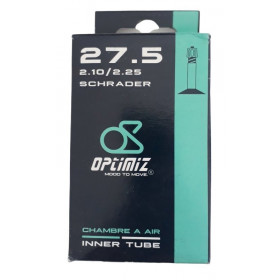 New product -35%MTB air tube 27.5 inches schrader
New product -35%MTB air tube 27.5 inches schrader- €2.93
- €4.50
-
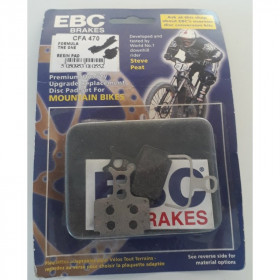 New productBrake pads Formula The One / Mega
New productBrake pads Formula The One / Mega- €9.90
-
 New product26 inch inner tube Newton
New product26 inch inner tube Newton- €3.49
-
 New productMilremo 5 speed freewheel
New productMilremo 5 speed freewheel- €19.99
-
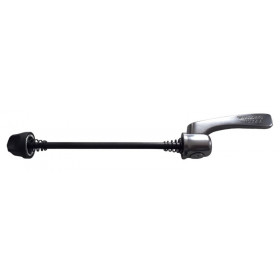 New product -50%Front wheel quick release Shimano 130 mm
New product -50%Front wheel quick release Shimano 130 mm- €6.50
- €12.99
-
 New product -65%Front hub Shimano Deore FH-T610
New product -65%Front hub Shimano Deore FH-T610- €10.15
- €28.99
-
 New product26-inch city bike tire
New product26-inch city bike tire- €11.99
-
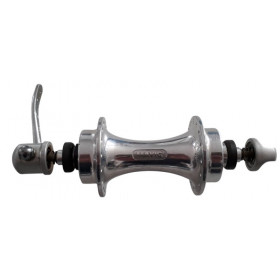 New product UsedHub Mavic 501
New product UsedHub Mavic 501- €89.99
-
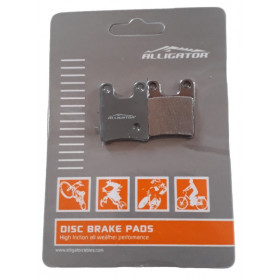 New productHope Technology C2 Giant MPH 2000 brake pads Alligator
New productHope Technology C2 Giant MPH 2000 brake pads Alligator- €9.99
-
 New product -43%Kenda Koncept tire 700x23c 23-622
New product -43%Kenda Koncept tire 700x23c 23-622- €9.06
- €15.90
-
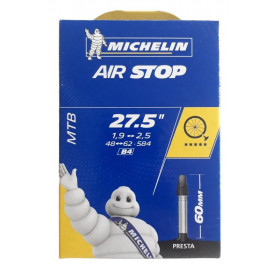 New product -45%27,5 inner tube Michelin Airstop B4 1.9 / 2.50 Presta 60 mm
New product -45%27,5 inner tube Michelin Airstop B4 1.9 / 2.50 Presta 60 mm- €3.80
- €6.90
-
 New productRaised stem Promax short
New productRaised stem Promax short- €8.99
-
 New productInner tube Optimiz - 700X19 to 23C presta 43 mm
New productInner tube Optimiz - 700X19 to 23C presta 43 mm- €2.99
-
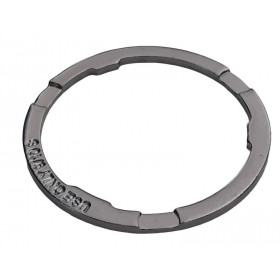 New product -50%Cassette spacer Shimano Sram for freewheel 11s Fulcrum Campagnolo
New product -50%Cassette spacer Shimano Sram for freewheel 11s Fulcrum Campagnolo- €4.00
- €7.99
-
 New product -25%Deda zero 1 stem
New product -25%Deda zero 1 stem- €39.74
- €52.99
-
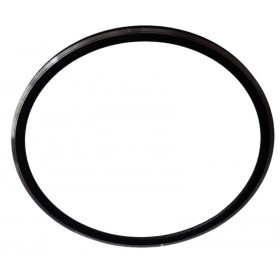 New productRim 28 inches 700 36 holes
New productRim 28 inches 700 36 holes- €11.99
-
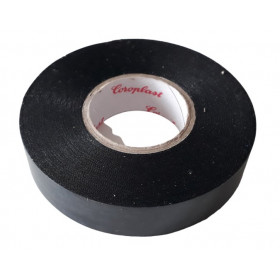 New productBlack adhesive tape
New productBlack adhesive tape- €1.12
-
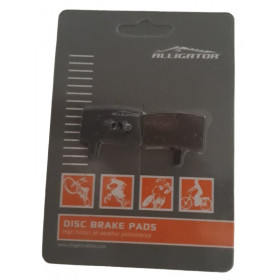 New productHayes Stroker Trail brake pads Alligator
New productHayes Stroker Trail brake pads Alligator- €9.99
-
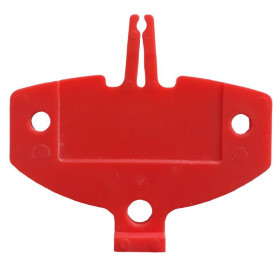 New productDisc brake cleat Shimano
New productDisc brake cleat Shimano- €1.49
-
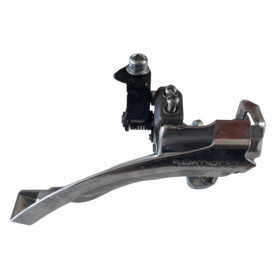 New product -35%Front derailleur Shimano TY22
New product -35%Front derailleur Shimano TY22- €9.69
- €14.90
-
 New product UsedLeft crank Shimano 600 tricolor FC-6400
New product UsedLeft crank Shimano 600 tricolor FC-6400- €34.99
-
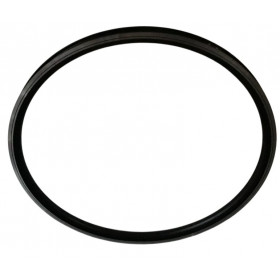 New product26 inch 36 holes rim
New product26 inch 36 holes rim- €11.99
-
 New productFlat spoke Mach 1
New productFlat spoke Mach 1- €0.07
-
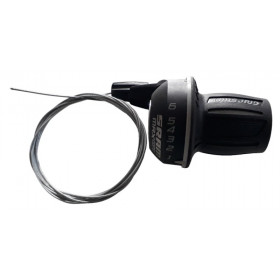 New product Used -60%Grip shift Sram MRX comp
New product Used -60%Grip shift Sram MRX comp- €7.20
- €18.00
-
 New product -26%Crankset key diameter 9.5 mm length 42 mm
New product -26%Crankset key diameter 9.5 mm length 42 mm- €1.47
- €1.99
-
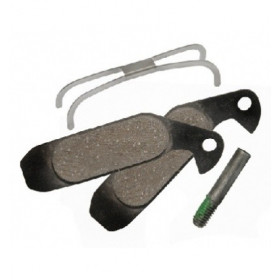 New productMagura Gustav M brake pads
New productMagura Gustav M brake pads- €14.99
-
 New productCyclo 72 5 speed freewheel
New productCyclo 72 5 speed freewheel- €37.99
-
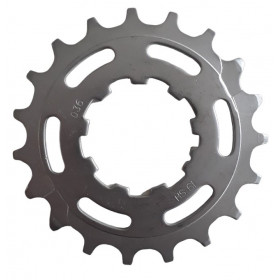 New product -65%Sprocket Miche compatible with Shimano 9s 10s
New product -65%Sprocket Miche compatible with Shimano 9s 10s- €2.45
- €6.99
-
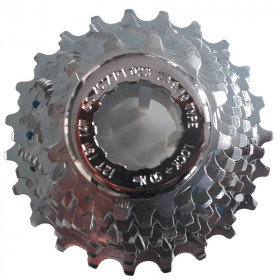 New product -21%Campagnolo Centaur cassette 10 speed
New product -21%Campagnolo Centaur cassette 10 speed- €88.61
- €112.16
-
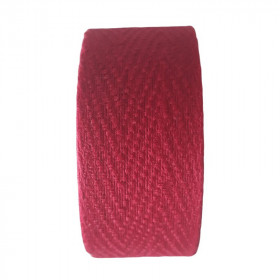 New product -40%Handlebar tape Velox Tressorex 85 cotton vintage
New product -40%Handlebar tape Velox Tressorex 85 cotton vintage- €4.14
- €6.90
-
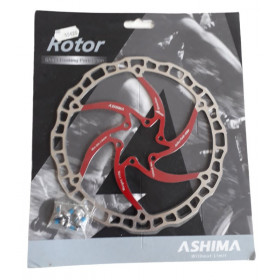 New product -47%180 disc brake 6 holes Ashima ARO 08 red
New product -47%180 disc brake 6 holes Ashima ARO 08 red- €15.37
- €29.00
-
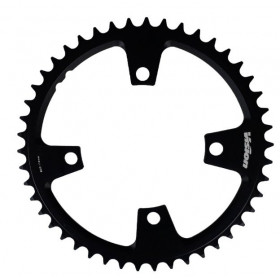 New product -35%Chainwheel 46 teeth Vision FSA Powerbox ABS and SL-K ABS 10 or 11s
New product -35%Chainwheel 46 teeth Vision FSA Powerbox ABS and SL-K ABS 10 or 11s- €26.64
- €40.99
-
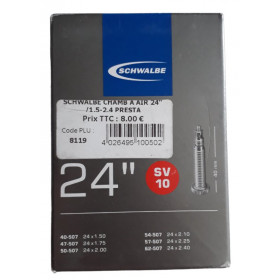 New product -43%24 inches presta Schwalbe SV10 inner tube
New product -43%24 inches presta Schwalbe SV10 inner tube- €4.55
- €7.99
-
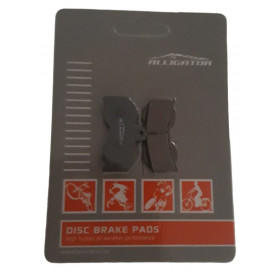 New productHope techno XC4 brake pads Alligator
New productHope techno XC4 brake pads Alligator- €9.99
-
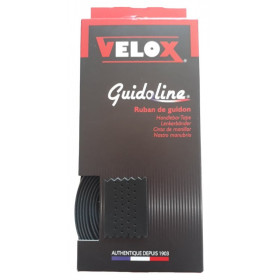 New product -30%Handlebar tape Velox soft grip for road bike
New product -30%Handlebar tape Velox soft grip for road bike- €9.73
- €13.90
-
 New product -40%Front derailleur Shimano Altus
New product -40%Front derailleur Shimano Altus- €7.53
- €12.55
-
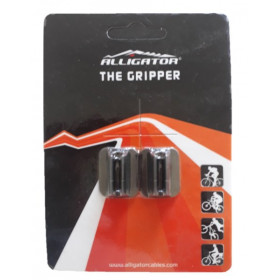 New productAdhesives fixtures for hoses
New productAdhesives fixtures for hoses- €2.49
-
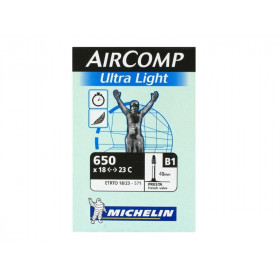 New productAir tube Michelin Air Comp Ultra Light 650x18/23C presta
New productAir tube Michelin Air Comp Ultra Light 650x18/23C presta- €4.50
-
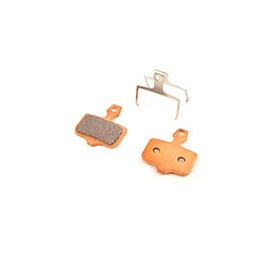 New productBrake Authority Avid Elixir brake pads type A
New productBrake Authority Avid Elixir brake pads type A- €11.90
-
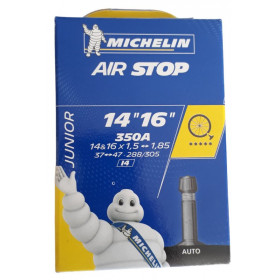 New product14 inch inner tube Michelin I4 14-16 1,5/1.9 schrader
New product14 inch inner tube Michelin I4 14-16 1,5/1.9 schrader- €2.15
-
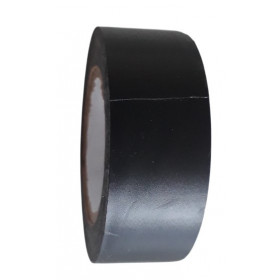 New productVelox Plastader 101 finishing strip
New productVelox Plastader 101 finishing strip- €3.49
-
 New productRear brake for racing bike
New productRear brake for racing bike- €8.99
-
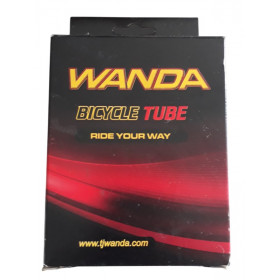 New product -30%Inner tube 20x1 95
New product -30%Inner tube 20x1 95- €2.45
- €3.50
-
 New productRim tape for road bike Schwalbe
New productRim tape for road bike Schwalbe- €2.49
Bike parts: complete guide to build or improve your bike
Bike parts play a key role in the performance, comfort and reliability of your bike. Whether you want to assemble a custom bike or upgrade your current equipment, knowing the essential components is essential. Here are the offers from SL Sport equipments, explore the key elements like the frame kit, wheels, transmission and brakes, with a list of the best brands, their characteristics and specificities.
Essential bike parts
1. Frame kit
The frame forms the structural basis of the bicycle. It determines not only geometry and comfort, but also weight and durability.
Leading brands:
Specialized: carbon or aluminum frames, light and rigid. Flagship models: S-Works Tarmac, Diverge Gravel.Cervélo: performance orientation with aerodynamic frames for road and triathlon. Key model: R5.
Orbea: European manufacturing, wide choice for road, gravel and mountain biking. Flagship model: Orca OMR.
Features :
Materials: aluminum for strength, carbon for lightness and rigidity.Adapted geometry: endurance for comfort, race for performance.
Compatibility with transmission and brakes (mechanical or hydraulic).
2. Bicycle wheels
The wheels influence the speed, handling and comfort of the bike.
Recognized brands:
Mavic: reliable wheels for road, gravel and mountain biking. Popular model: Cosmic SL 45.Zipp: specialist in high performance carbon wheels. Key model: 404 Firecrest.
Fulcrum: excellent value for money. Flagship model: Racing 3 DB.
Features :
Materials: aluminum rims for strength, carbon for lightness.Profile: high for aerodynamics, low for maneuverability.
Tubeless compatibility to reduce punctures and improve comfort.
3. Transmission
The transmission determines the smoothness of gear changes and pedaling efficiency.
Key brands:
Shimano: complete range, from beginner (Claris) to elite (Dura-Ace Di2).SRAM: innovative technology with wireless electronic groupsets (RED eTap AXS).
Campagnolo: renowned for its high-end quality. Key model: Super Record EPS.
Features :
Number of speeds: 11 to 13 cogs for a wide gear range.Technologies: electronic systems (Di2, eTap) for rapid and precise passages.
Compatibility: to be checked with the frame and wheels.
4. Brakes
The brakes guarantee safety and control, especially on descents or in bad weather.
Reference brands:
Shimano: reliable and powerful hydraulic brakes. Flagship model: Ultegra R8070.SRAM: disc brakes with a sleek design. Key model: Force AXS HRD.
Magura: specialist in brakes for mountain biking and gravel. Popular model: MT5.
Features :
Types: rim brakes for lightness, disc brakes for power and modulation.Systems: mechanical or hydraulic, the latter offering better control.
Materials: resin pads for silence, metal for durability.
Choose your bike parts wisely
Type of use:
Road: favor light and aerodynamic parts.Gravel: opt for robust and versatile components.
Mountain biking: promote durability and the ability to withstand shocks.
Compatibility:
Check the compatibility between the frame, wheels, transmission and brakes.Budget :
Invest in high-end components if you're looking to maximize performance.Mid-range parts offer an excellent compromise for amateur cyclists.
Conclusion
Assembling or upgrading a bike with quality parts can transform your cycling experience. Brands like Specialized, Shimano, Mavic and SRAM offer options for all levels and needs. Whether you are an amateur or a seasoned competitor, take the time to select components adapted to your style of practice and your objectives. With well-chosen equipment, every outing will become a real pleasure on two wheels!
